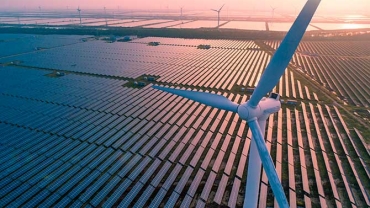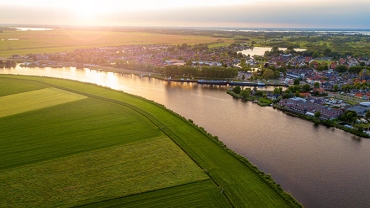
Reduction of industrial greenhouse gases
Achieving climate goals and outsmarting the competition
Reaching climate targets while gaining a competitive advantage. Impossible? Quite the opposite. We are happy to work with you to explore how this can be achieved. We advise individual companies, government bodies and clusters of industries, financiers and innovation developers.
Cleaner industry in progress
The climate agreement sets the national emission reduction for 2050 at 95 percent compared to 1990. As an intermediate step, the agreement aims for a 49 percent reduction by 2030. To achieve this, the Dutch industrial sector will have to become circular and drastically reduce greenhouse gas emissions within a few decades. The production methods to realize this are still being developed.
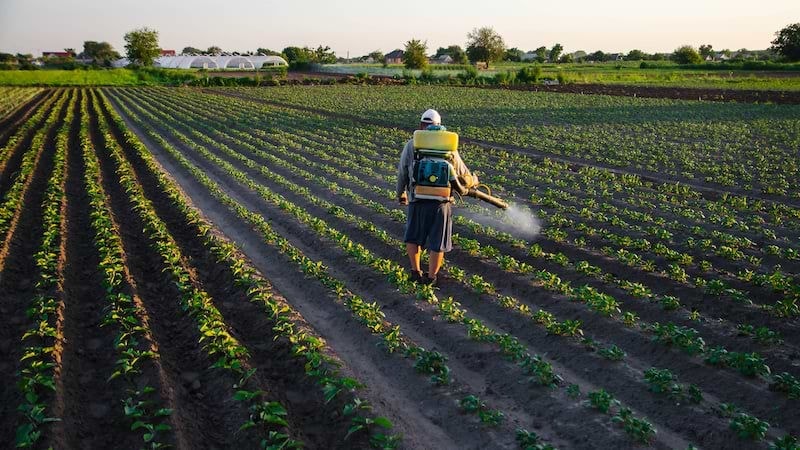
Report: ‘Transforming energy demand’
How action on energy demand can be taken now, which is profitable and can reduce emissions
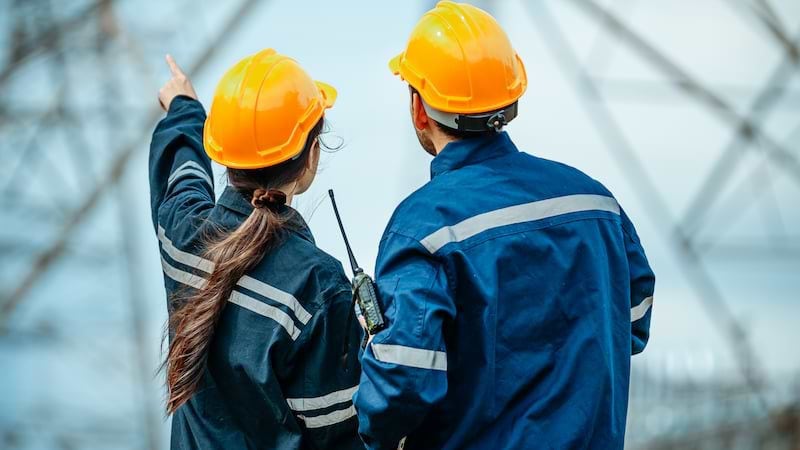
CO2 pricing and boosting reduction
The development of sustainable production methods still requires a lot of investment and innovation, including cost reductions. The production of green hydrogen requires a great deal of electricity, and the electrification of crackers, for example, is still in its infancy. The cost reduction we achieved in the development of wind and solar energy is also very important for sustainable industrial production, as current fossil technologies are often even cheaper.
We advise governments (at various levels) on effective emission reduction policies (from pricing, standards to subsidies and spatial planning issues). Policies that help the industrial sector realize its transition to a circular industry by enabling investments.
Strategy to reduce greenhouse gas emissions
The climate targets set by the European and national governments are increasingly accompanied by stringent policies for the industrial sector. We support industrial companies - steel, chemicals and refining, food and manufacturing - to identify the impact of climate regulation, financial performance risks and whether the strategy is sustainable.
What portfolio choices does a company make? Will it phase out or sell products or business units? How can current production methods be made greener, what investments and new partnerships will this entail? We advise from strategy to execution on possible options for emission reduction, timeframe and progress reporting, taxes and subsidies related to business cases, people & culture and organizational changes, among other things.
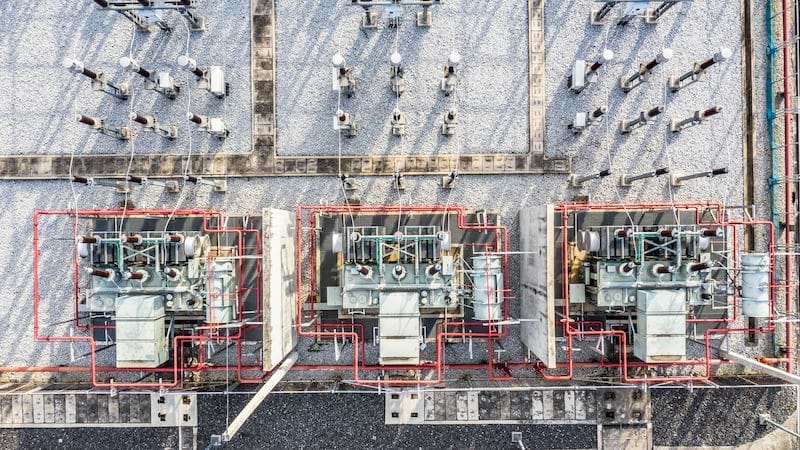
Cluster collaboration offers advantages
Collaboration in clusters offers synergy benefits to the Dutch industrial sector. Companies can exchange residues to reduce total emissions or jointly develop new technologies and products. We advise on how to optimise the risks and remuneration, financing and governance in joint ventures.
We also support banks and investors, academia and companies that develop innovations in their contribution to the emission reduction of the industry. We are happy to support you on how the climate objectives can lead to an industry that is ambitious and competitive at the same time.
Important questions concerning the reduction of industrial greenhouse gases
- What is the impact of (future) climate policy on your company?
- Which emission reduction objectives are in line with the ambitions of your stakeholders, and which strategic choices contribute to the realisation?
- What new business opportunities does the energy transition offer, for example in the direction of the hydrogen economy, the biobased economy or synthetic fuels?
- What determines the optimal balance between CO2 pricing and stimulation?

Would you like to know more?
We like to think along with you about these and other issues. Our experts in Assurance, Advisory, Tax & HRS support organisations, governments and investors in all aspects of reducing greenhouse gases in the industrial sector. We do so on the basis of our experience in all of the sectors mentioned above and in cross-sector partnerships. Would you like to know more? Contact us to find out how we can help you achieve your ambitions to reduce greenhouse gas emissions.
Would you like to know more?
Please contact us.
Contact us

Energy - Utilities - Resources Industry Leader, PwC Netherlands
Tel: +31 (0)61 003 87 14












